Image
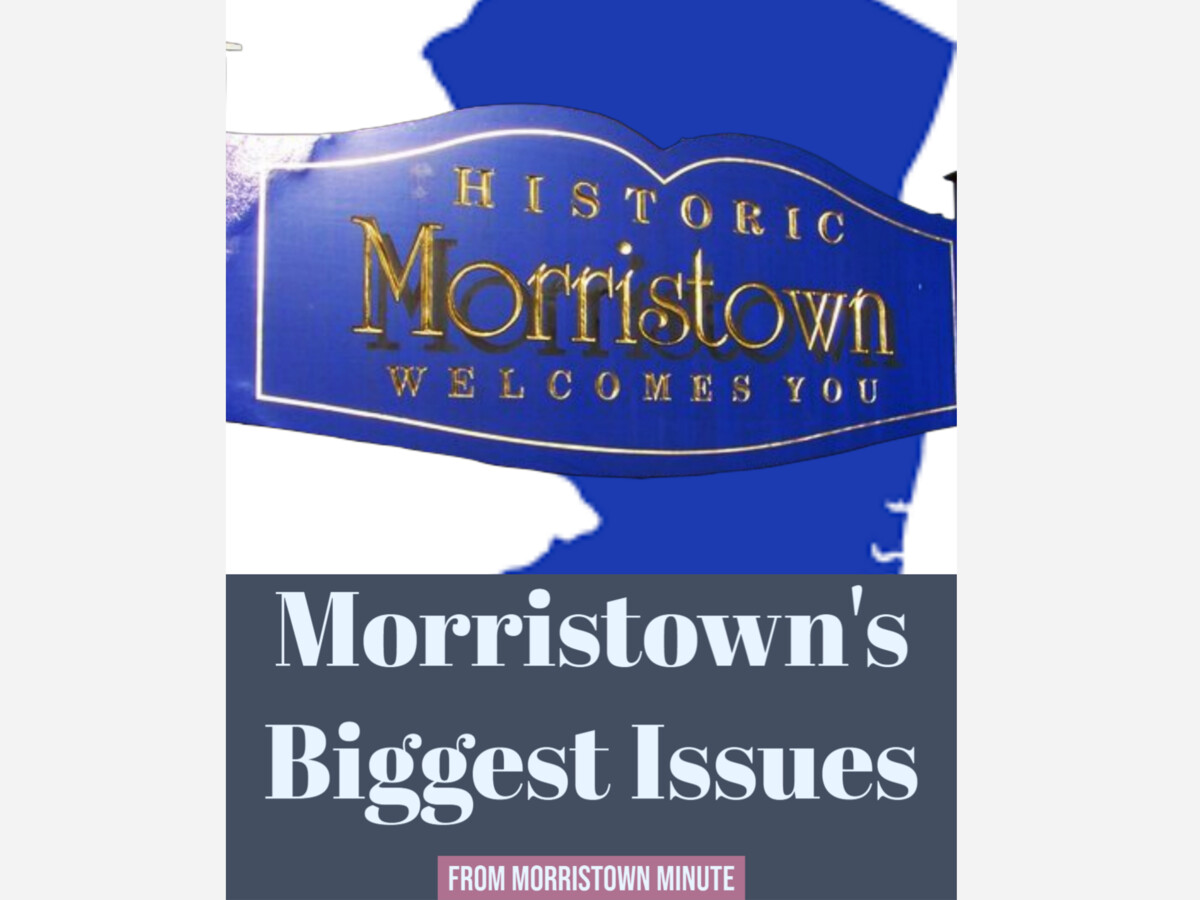
What issues disproportionately affect Morristown residents? What does our town struggle with the most? What are our area's biggest problems and concerns? Morristown Minute did some digging to find out what issues are the biggest problems for the residents of Morristown, New Jersey.
Our investigation revealed three major areas of concern in which Morristown, New Jersey struggles significantly. These areas are criminal justice disparities, affordable housing, and mental health and substance abuse concerns.
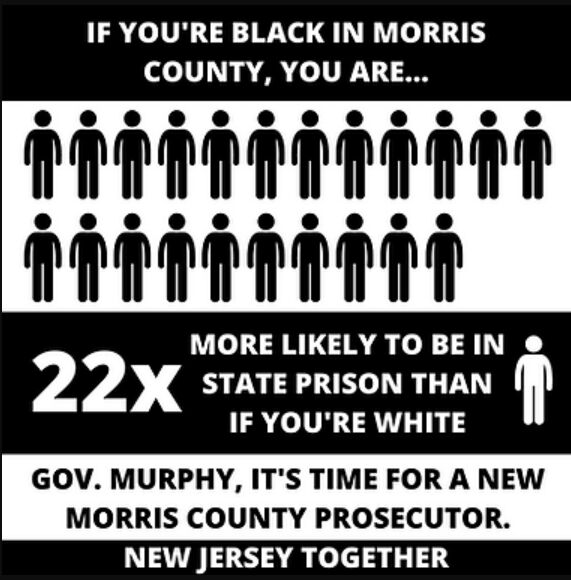
In the state of New Jersey, African American residents are incarcerated at a rate twelve times higher than that of white residents. At least one in twenty adult black males in NJ is in prison and the New Jersey prison population in 2014 was 60.5% black despite the black population of New Jersey accounting for 12.9% of NJs total population. (Nellis, Ashley, 2016)
Hispanic residents in New Jersey are incarcerated at a rate that is 1.4 times higher than white residents with a rate of 206 people of Hispanic descent incarcerated per 100,000 residents. Comparably, white residents in NJ are incarcerated at a rate of 940 per 100,000 people.
New Jersey has one of the highest racial arrest disparities in the nation.
There have been many instances of racial disparities in arrests and traffic stops. In April of 1998, a white police officer shot and killed four African American and Hispanic men driving on the New Jersey Turnpike. The officer claimed that the vehicle was speeding and that the men showed “threatening behavior.” An investigation of the incident later revealed that the police officer was not in possession of any radar equipment that would have allowed him to determine the vehicle's speed, nor were any of the men armed.
An investigation into this incident was launched by the NJ Attorney General at the request of then-Governor Christine Todd Whitman. The findings of this investigation were released in 1999 and found that minority motorists were disproportionately stopped, indicating over 75% of police searches in NJ were directed towards black and Hispanic motorists. (Heaton, Paul. 2007)
The FBI reports on crime by race/ethnicity. In 2016, total instances of crime in the United States, everything from gambling to murder, totaled over eight million. 69.6% of those crimes were committed by people who were white. This should make sense as sixty percent of the U.S. population identified as white in the 2019 U.S. Census.
Additionally, those of Hispanic and Latino descent were arrested for 18.4% of crimes committed in 2016. The Hispanic and Latino population in the United States accounts for 18.5% of the total population.
The purpose of this statistic is to demonstrate that one's likelihood of committing a crime is not based on their race. And yet over sixty percent of incarcerated people are African American. The problem lies within the criminal justice system.
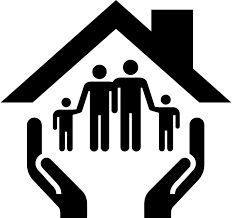
The median value of owner-occupied housing units in Morristown from 2010 to 2014 was $398,900.
From 2015-2019 the median value of owner-occupied housing in Morristown rose to $472,000, rising at a rate of 18.3%.
Comparably, in New Jersey, the median value of an owner-occupied home from 2015-2019 was $335,600, increasing 4.9% over the five years.
The total cost of living in Morristown is 41% higher than the national average.
Morristown residents brought in an average household income of $96,545 in 2019 and had a per capita income of $56,380. The average per capita income in the United States in 2019 was $34,103.
Overall, 9.8% of Morristown residents were classified as living under the poverty line.
There are 18 affordable housing community options in Morristown, New Jersey, of which three locations have been approved as of 2019 with 15 completed.
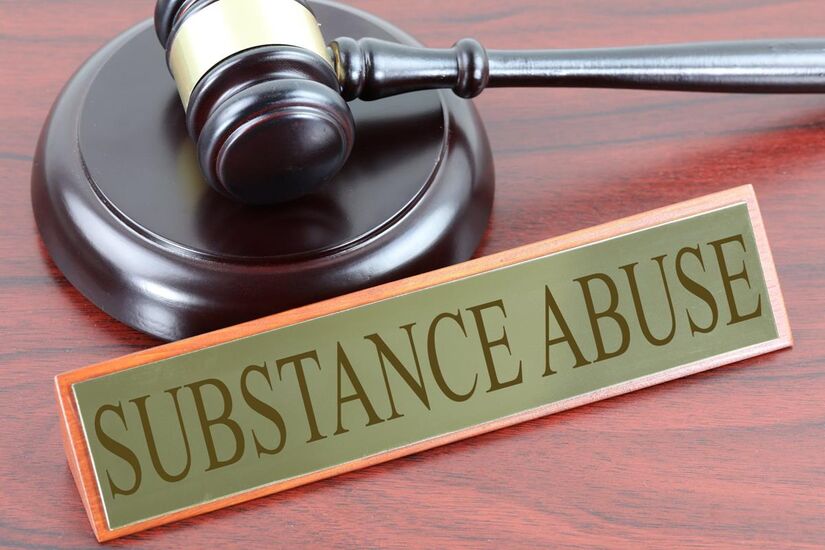
In 2013, Morris County saw 398 alcohol-attributable arrests made in Morris County for every 100,000 residents of all ages.
The total rate of drug attributable arrests per 100,000 Morris County citizens in 2013 was 491.3.
Compared to the country, for every 617 arrests attributed to drugs in the United States in the year 2013, one of those arrests came from New Jersey.
Drug offenses account for 13% of all arrests in the United States, according to FBI Crime Reports. In New Jersey, drug offenses accounted for over 28% of arrests.
There are currently twenty different addiction service centers in Morris County, all of which vary greatly in efficacy and in rating (many have low-quality ratings from former patients and employees). Only 9 of the 20 available addiction services centers have a patient and staff rating out of five stars that are four or above. This indicates a stunning lack of adequate addiction treatment in the Morris County area.
Morris County’s website at Morriscountynj.gov reports three state crisis/psychiatric services in Morris County, six state-sponsored counseling services, one short-term inpatient detox, and substance abuse treatment center, two residential services in Morris County dedicated to mental health services, one state-sponsored partial care mental health service, and two state-sponsored mental health support services.
Morristown and the surrounding Morris County area see a high discrepancy in incarceration per race, and despite those numbers dropping minority populations are still disproportionately incarcerated by our criminal justice system.
The cost of living in Morristown is on average $136,400 greater than the state of New Jersey, with close to 10% of NJ residents living below the poverty line and 5.5% of Morris County residents, and 9.8% of Morristown residents living below the poverty line.
Additionally, there are 423 units of affordable housing options in Morris County, and Morris County does not provide emergency housing, those who require emergency housing need to contact local shelters of which there are seven located in Morristown.
Finally, Morristown and Morris County see a large number of substance abuse-related arrests and fatalities every year compared to the nation. However, Morristown has a lack of adequate substance abuse treatment centers and state-sponsored mental health counseling.
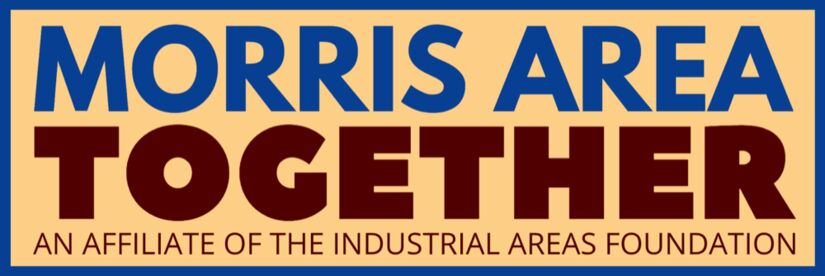
As previously stated, New Jersey has reduced its prison population since 2000 by 28%. The population of incarcerated people that are black has decreased by 30% and the Hispanic population in NJ prisons has decreased by 35%. But these statistics have not shown enough change.
A coalition of seventeen county faith-based groups and organizations have come together to create the group known as “New Jersey Together” to tackle the issues of racial injustice, lack of affordable housing, and lack of adequate mental health and substance abuse programs.
In Morris County, a subsidiary of NJ Together has formed by the name Morris Area Together to focus on combatting the above issues in our county. Morris Area Together is led by organizations largely based in Morristown.
The goal of Morris Area together is to combat the disparities in our criminal justice system, increase the number of affordable housing options, and create adequate mental health and substance abuse treatment centers in the Morris County area.
More information on Morris Area Together can be found here at NJTogether.org/morris.
What are your biggest concerns as a Morristown resident? Let us know in the comments below.
Sources:
Nellis, Ashley, The color of justice: Racial and ethnic disparity in state prisons, 2016. The Sentencing Project. http://arks.princeton.edu/ark:/88435/dsp01bz60d032q
Heaton, Paul. Essays on crime and corruption. The University of Chicago. ProQuest Dissertations Publishing, 2007. 3262245
U.S. Census Bureau, 2010 - 2014 and 2015 - 2019 American Community Survey, https://www.census.gov/quickfacts/fact/table/morristowntownnewjersey/PST120219
The New Jersey Commission to Review Criminal Sentencing (2007). Supplemental report on New Jersey’s drug-free zone crimes and proposal for reform. Trenton: The New Jersey Commission to Review Criminal Sentencing. Available online: http://www.sentencing.nj.gov/downloads/supplemental%20schoolzonereport.pdf
https://www.morriscountynj.gov/Departments/Emergency-Management/Mental-Health
https://www.hud.gov/states/new_jersey/homeless/shelters/morris
https://www.njtogether.org/morris
Follow us on Twitter, Instagram, and Facebook!